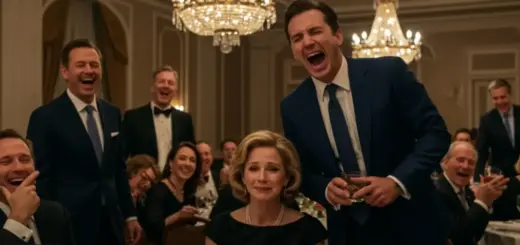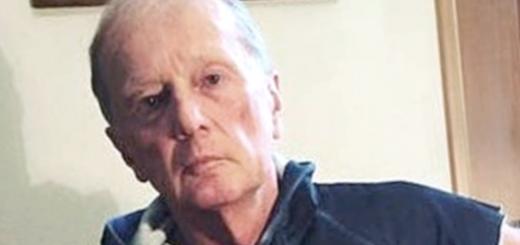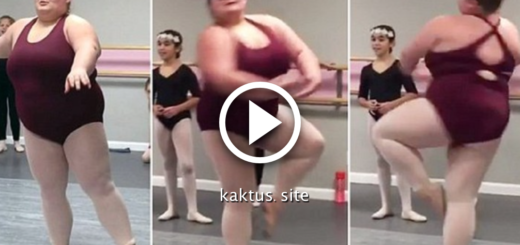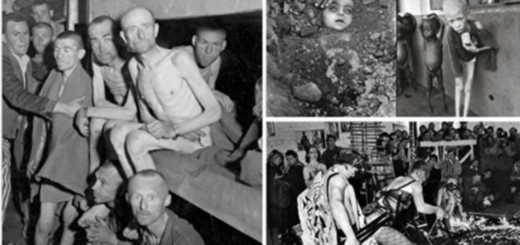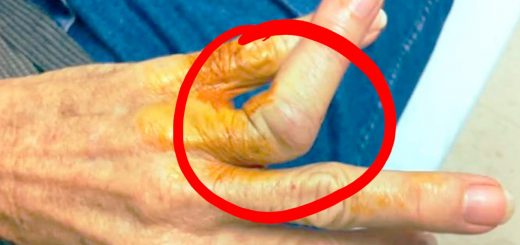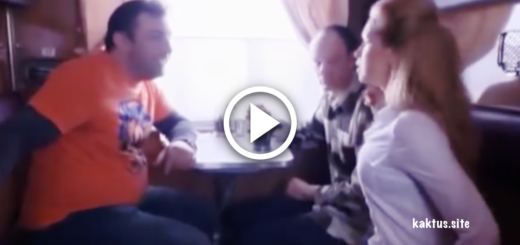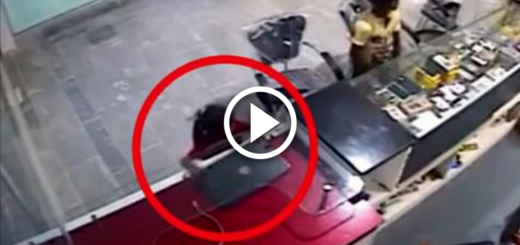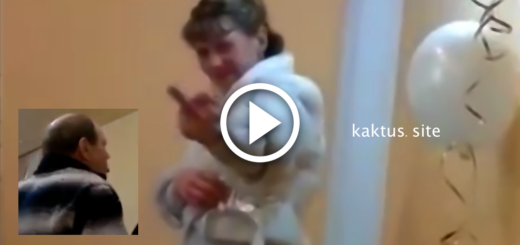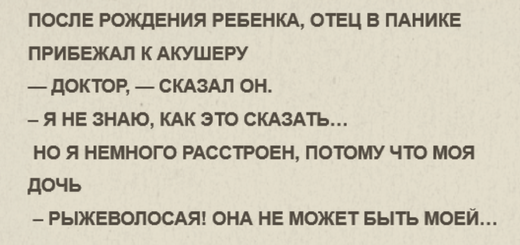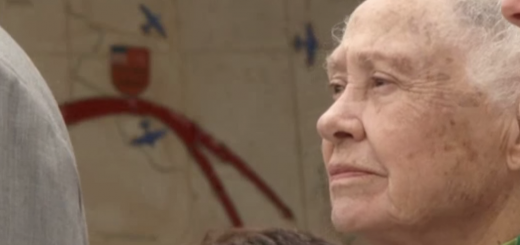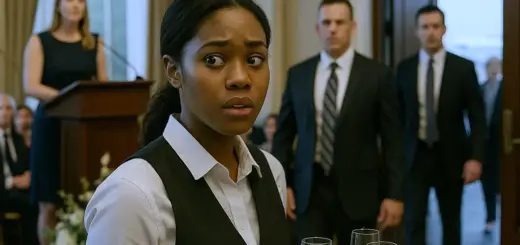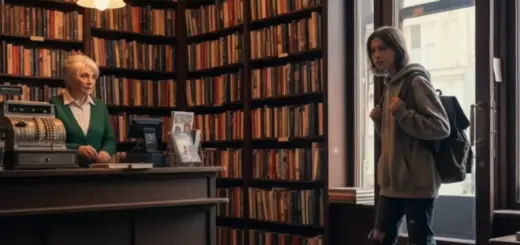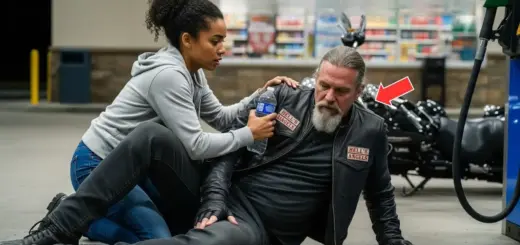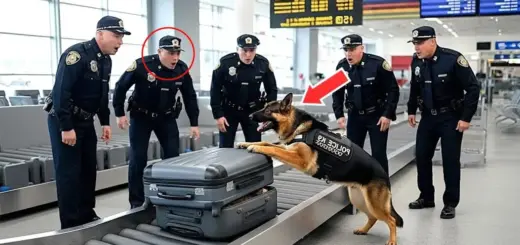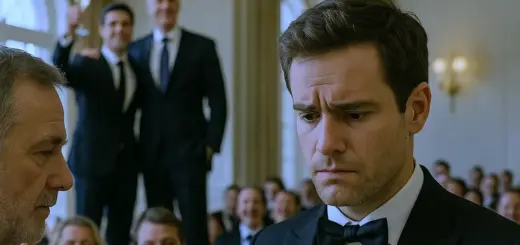The irony hit me like sunlight after a storm. I smiled, just barely. There it was, the line from my thumbnail of a life finally playing out in real time.
Mom’s composure cracked. «Cara, please?» she said, her voice wobbling. «We’re family. Don’t do this.»
I looked at her for a long moment, then spoke softly. «You’re right. We are family. That’s why I gave you chances. Years of them. But family isn’t a free pass to take and take until someone breaks.»
Emily’s eyes filled with tears. «I didn’t know,» she whispered.
«Yes, you did,» I said. «You just didn’t want to believe it.»
Dad slammed his palm on the table. «After everything we gave you—»
I cut him off, my voice steady. «After everything I gave you. You didn’t raise me; you drained me.»
For a heartbeat, no one spoke. The sound of the air conditioner filled the space between us, humming like white noise over the wreckage of our relationship.
My attorney finally broke the silence. «Given the evidence presented, we’re requesting a 50% ownership interest in the property or equivalent compensation based on current market value.»
The mediator nodded slowly. «It’s a reasonable demand considering the documentation.»
Dad looked like he might explode. Mom reached for his arm, but he jerked away. Emily sat rigid, staring at the table.
When the session ended, my parents rushed out first, whispering to each other in panic. Their lawyer followed, phone already in hand, his voice sharp. «Yes, I’m aware. I told them we have a problem.»
I stayed seated for a moment longer, staring at the folder in front of me, the quiet weapon I’d built out of betrayal. As I stood, my attorney smiled faintly.
«You handled that well,» she said.
«Numbers don’t lie,» I replied. «People do.»
Outside, the city was drenched in gold light. The street smelled of wet pavement and victory. I walked past a coffee shop window, caught my reflection, and almost didn’t recognize the woman staring back: steady, untouchable, free.
I wasn’t the daughter who obeyed anymore. I was the woman who learned how to fight without raising her voice. And for the first time in years, I didn’t feel small. I felt precise, powerful.
They thought changing the locks would end my story. It only opened the door to theirs.
The court’s decision came six weeks later, printed neatly in black and white: 50% ownership awarded to me. It wasn’t luck. It was proof. Every line, every number, every late-night calculation finally meant something.
The house sold for more than they’d expected. After legal fees and taxes, my parents walked away with half of what they thought they’d retire on. They’d built their future on my obedience and watched it crumble under my evidence.
I didn’t move back in. That house was nothing but ghosts wearing the shape of family. Instead, I bought a small townhouse across town. The first thing I did was change the locks myself. New keys, new rules, new peace.
Sometimes my phone lights up with their names, Dad’s emails full of guilt, Mom’s voicemails dripping with regret, but I never answer. Some doors, once closed, stay that way.
On quiet mornings, I sit by my window with coffee and sunlight warming my face, listening to the hum of my own space. No footsteps, no orders, no demands. Just quiet. Just mine.
They changed the locks to keep me out. I changed mine to keep them from ever walking in again. They thought they were teaching me a lesson about loyalty. What they really taught me was how to live without them.
Freedom didn’t come with forgiveness. It came with boundaries and a brand new set of keys. Sometimes justice doesn’t roar. Sometimes it just signs papers and walks away quietly, and that’s enough.
If you’ve ever had to rebuild from the wreckage your own family left behind, you’re not alone. Your peace is worth protecting, even if you have to fight for it.



